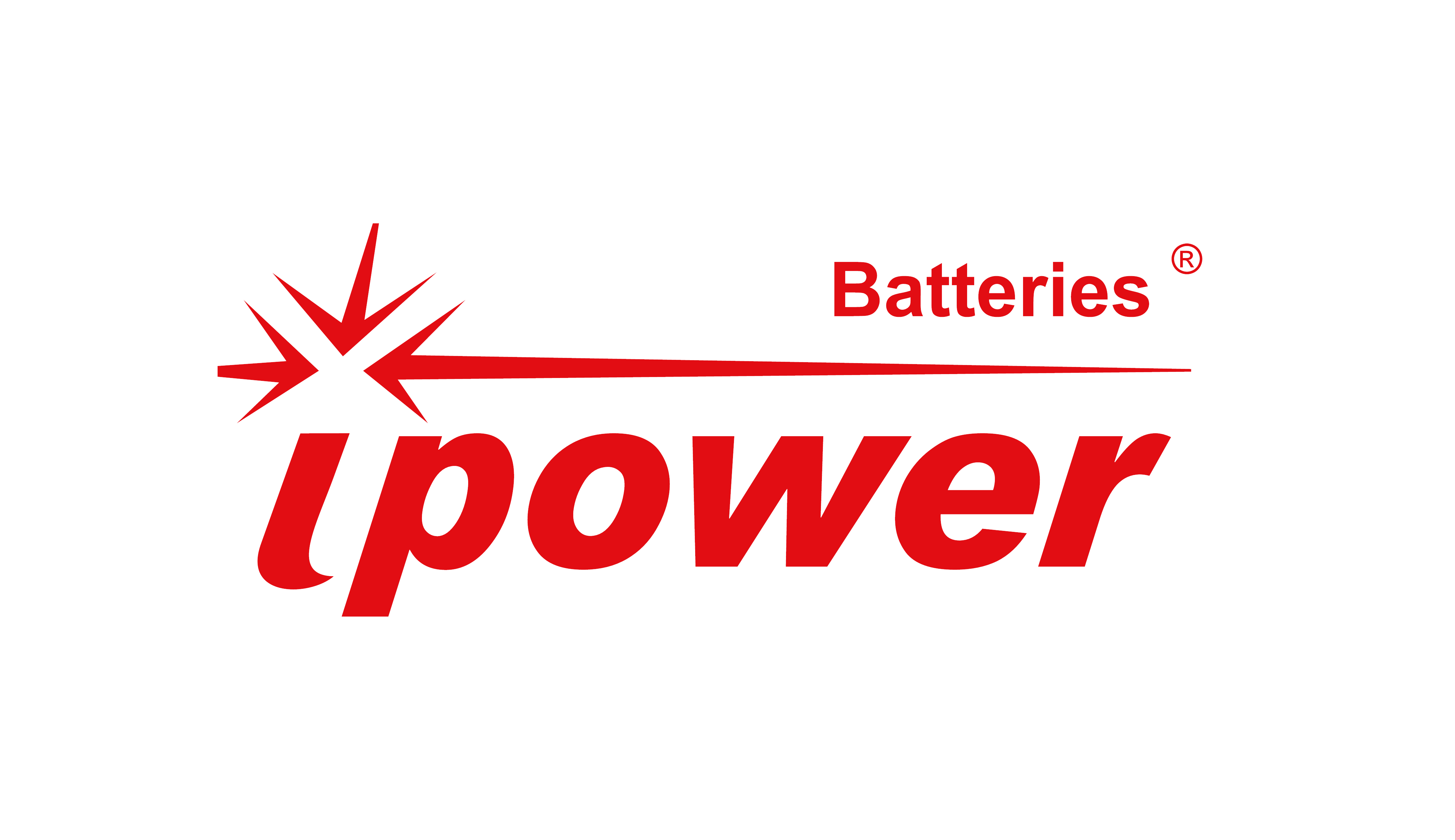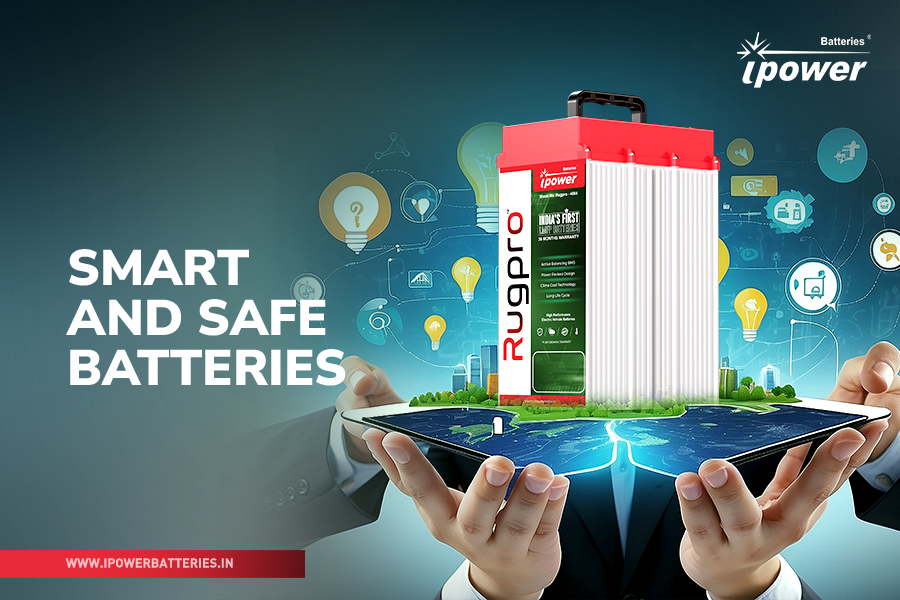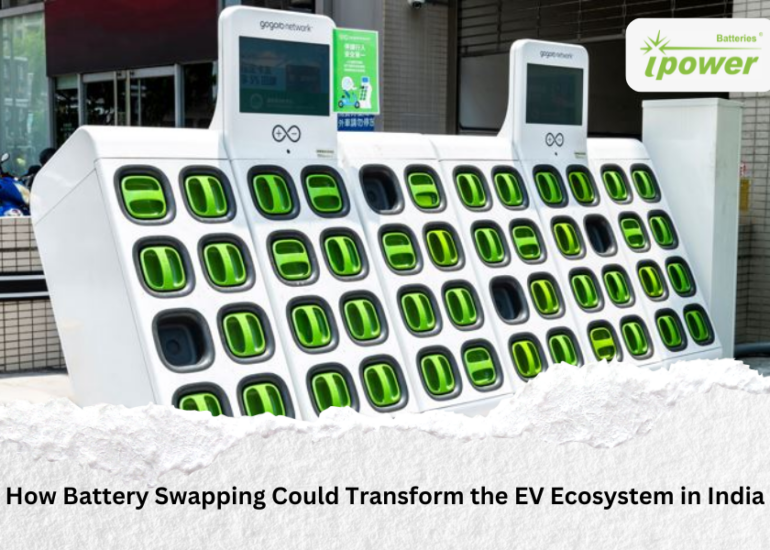In the realm of sustainable development, the collaboration between Ipower Batteries, a prominent lithium battery manufacturer in India, and Exigo, a dedicated lithium battery recycling company, marks a significant advancement. This partnership aims to address the critical issue of battery disposal by ensuring that used lithium batteries are efficiently recycled.
This article explores the importance of lithium battery recycling, the specifics of this collaboration, and its potential impact on the environment and the industry.
The Need for Lithium Battery Recycling
Environmental Concerns: Lithium batteries, while essential for powering everything from mobile phones to electric vehicles, pose serious environmental risks if not disposed of properly. Hazardous chemicals and metals can leach into the environment, contaminating soil and water sources.
Resource Recovery: Recycling lithium batteries allows valuable materials such as lithium, cobalt, and nickel to be recovered and reused, reducing the need for raw material extraction and the environmental damage it entails.
Economic Benefits: The recycling process can also contribute to economic growth by creating jobs in the recycling sector and reducing the costs associated with raw material extraction.
Overview of the Collaboration
Lifecycle Approach: Ipower Batteries manufactures lithium batteries that are used across various sectors. Once these batteries reach the end of their lifecycle, Exigo steps in to recycle them, thus ensuring a closed-loop system in battery usage.
Technology and Processes: Exigo uses advanced recycling technologies to safely and efficiently recover precious materials from spent lithium batteries. This not only supports sustainability but also helps in reducing the ecological footprint of battery production.
Supporting Legislation: Both companies also work together to advocate for policies that support industry-wide recycling efforts, aiming to set a benchmark for regulatory frameworks around battery disposal and recycling.
Impact on the Industry and Environment
Setting Industry Standards: The collaboration between Ipower Batteries and Exigo is poised to set new standards for environmental responsibility in the battery manufacturing and recycling industries.
Reducing Environmental Impact: By recycling old batteries, the partnership helps minimize the environmental degradation associated with waste disposal and raw material mining.
Promoting Sustainable Practices: This initiative serves as a model for other companies in the industry, promoting a shift towards more sustainable practices and circular economy principles.
Challenges and Future Directions
Technological Challenges: One of the main challenges in lithium battery recycling is the development of technology that can efficiently and cost-effectively extract useful materials.
Economic Viability: Ensuring that the recycling process is economically viable is crucial for its long-term success. This involves balancing processing costs with the value of recovered materials.
Expanding the Scope: Plans include expanding the recycling program to include more types of lithium batteries and increasing the capacity of recycling facilities to handle larger volumes of battery waste.
Conclusion
The collaboration between Ipower Batteries and Exigo represents a critical step forward in addressing the environmental challenges posed by the disposal of lithium batteries. By integrating advanced recycling technologies into the lifecycle of batteries, this partnership not only promotes environmental sustainability but also sets a commendable example for others in the industry. As this initiative evolves, it holds the promise of transforming the landscape of battery manufacturing and disposal, paving the way for a more sustainable future.
This partnership not only highlights the importance of responsible corporate behavior but also underscores the role of innovative recycling solutions in building a sustainable economy. The Ipower Batteries and Exigo collaboration is a pioneering model that could hopefully inspire similar initiatives globally, contributing significantly to global efforts in reducing environmental impact and promoting resource sustainability.





